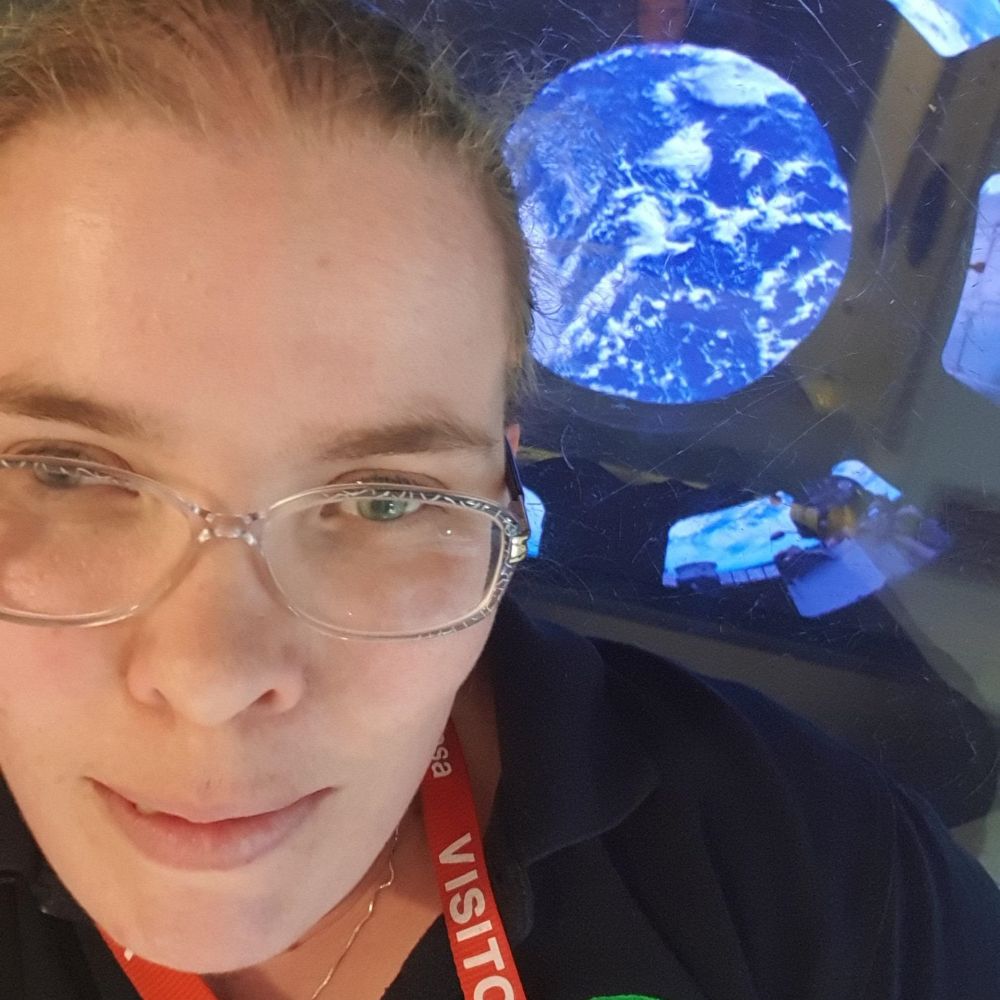
Press release -
Northumbria researcher named finalist in STEM for Britain awards
A Northumbria researcher has been selected as a finalist in the STEM for Britain 2022 competition, to be held at the House of Commons in March.
Dr Kirsty Lindsay, who is an expert in physiology and physiotherapy within Northumbria University’s Aerospace Medicine and Rehabilitation (AMR) Laboratory, will present her research around maintaining astronaut health and improving clinical care for patients on Earth, to a panel of judges in Parliament on March 7th, during British Science Week.

Kirsty’s research forms part of a ‘bedrest study’, supported by the European Space Agency (ESA), which asked 24 participants to spend two months in bed to identify how astronauts’ bodies decondition while they’re in space for long periods of time.
The study, which was led by Professor Nick Caplan – who heads up Northumbria’s AMR Laboratory – also tested the effectiveness of a rehabilitation device on participants, which resembles a customised gym cross trainer known as the Functional Re-adaptive Exercise Device (FRED), in the early weeks following the 60-day bed rest period.
The FRED has been investigated for a number of years by the Northumbria team, in collaboration with the ESA Space Medicine Team, as a potential rehabilitation tool for astronauts after they return to Earth.
Given her extensive work on this study, Kirsty has been selected as one of the finalists in the STEM for Britain 2022 Biological and Biomedical Sciences category.
She said: “In the clinic we only see people after they have an issue, so it is hard to see how back pain starts. Spaceflight, and simulated spaceflight like the bedrest study, act as an accelerated model which allows us study how back pain develops over a relatively short period, so it allows us to try out new rehabilitation tools like FRED to find better ways to treat back pain.
“Whenever I do research at the Aerospace Medicine and Rehabilitation Laboratory, I always try to think about how it will affect people in the real world, even if the model I’m using sounds like science fiction.
“I’m not sure if I’m more nervous or excited to be presenting our team’s research in Parliament, either way I’m very honoured to have been chosen as a STEM for Britain finalist.”
Kirsty studied Space Physiology and Health at King’s College, London in 2013, and completed a BHSc (Hons) in Physiotherapy from York St John in 2010. She also spent two years at the ESA working with ground-based facilities and human space flight as a young graduate trainee, before returning to the UK to undertake her current research.
STEM for Britain is a major scientific poster competition and exhibition which has been held in Parliament since 1997 and is organised by the Parliamentary & Scientific Committee.
Chaired by Stephen Metcalfe MP, its aim is to give members of both Houses of Parliament an insight into the outstanding research work being undertaken in UK universities by early-career researchers.
A wide range of important scientific, engineering and mathematics institutions and organisations lend their support to this event, including, The Royal Society of Biology, the Institute of Physics, The Physiological Society, the Royal Society of Chemistry, the Royal Academy of Engineering, the Council for the Mathematical Sciences, and the Institute of Biomedical Science.
Prizes are awarded for the posters presented in each discipline which best communicate high level science, engineering, or mathematics to a lay audience.
The Westminster Medal for the overall winner is awarded in memory of the late Dr Eric Wharton, who did so much to establish STEM for Britain as a regular event in the Parliamentary calendar.
Topics
Categories
Northumbria is a research-intensive modern university with a global reputation for academic excellence. Find out more about us at www.northumbria.ac.uk --- Please contact our Media and Communications team at media.communications@northumbria.ac.uk with any media enquiries or interview requests ---











